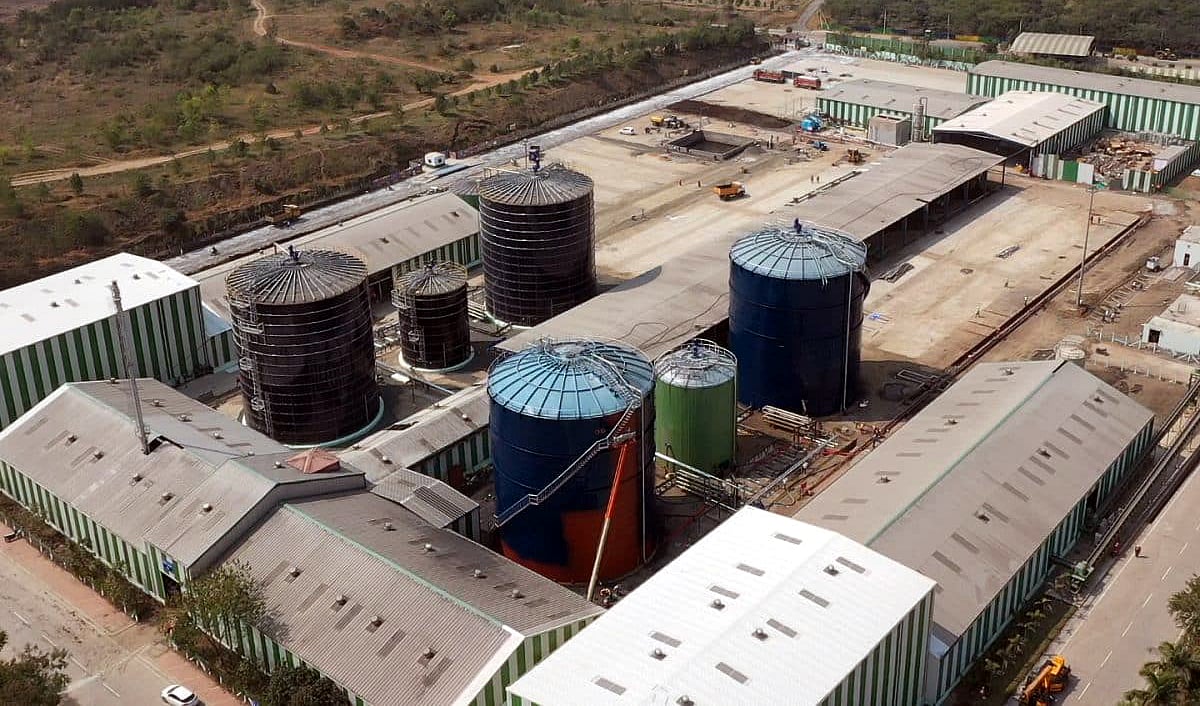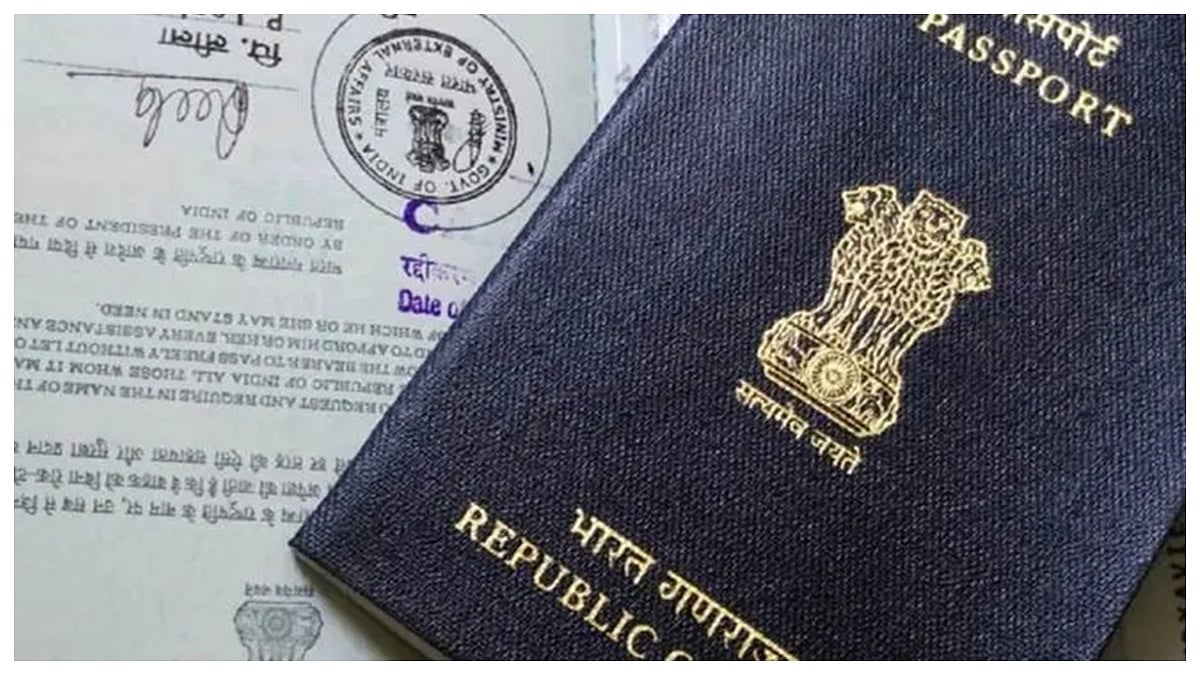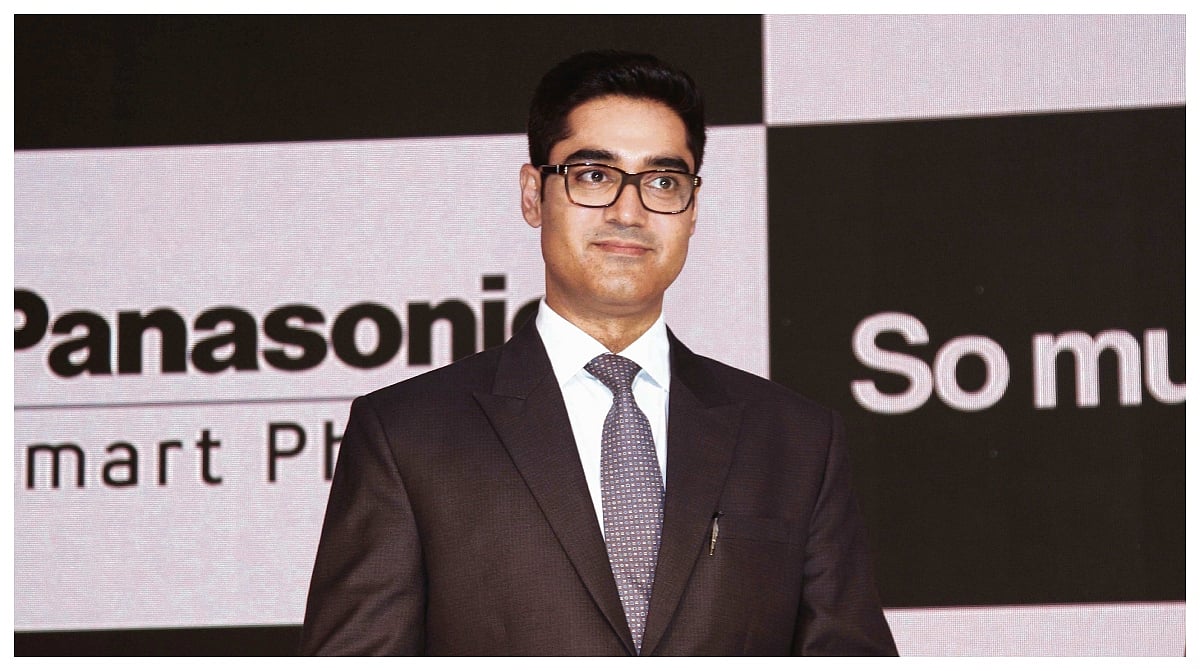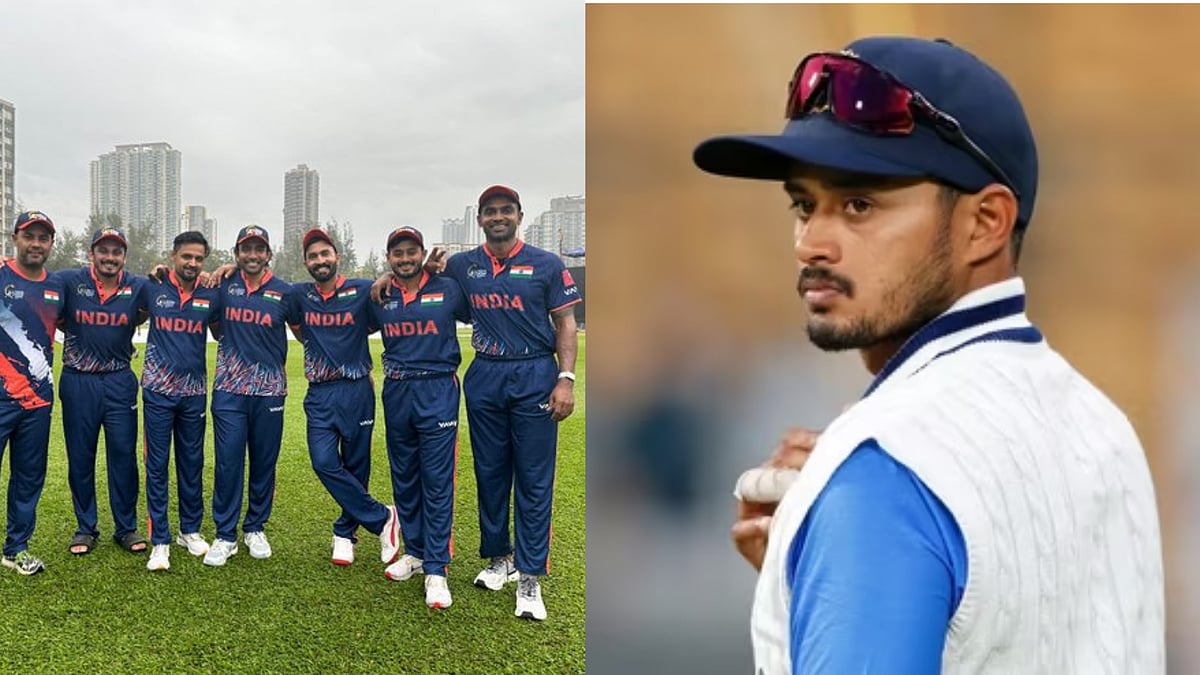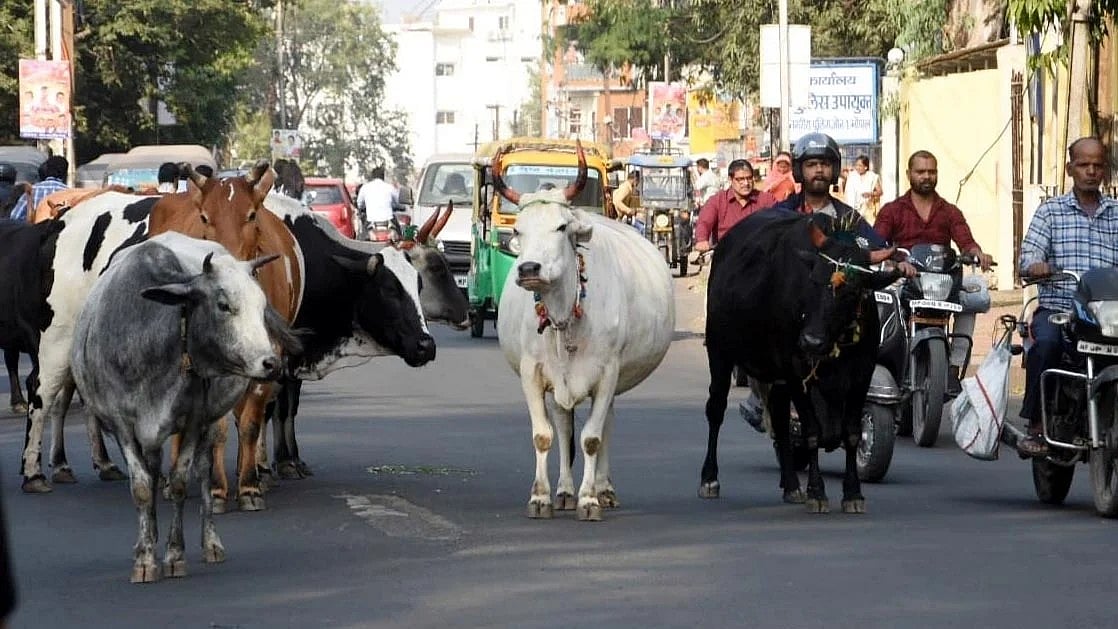Bhopal (Madhya Pradesh): Eight cities of Madhya Pradesh are set to get their first-ever Compressed Bio Gas (CBG) plants under Swachh Bharat Mission. The total processing capacity will be 1,100 tonnes per day, aimed at turning organic waste into Bio-CNG and other useful by-products.
According to Urban Administration Department (UAD), the project seeks to tackle improper disposal of organic waste, which leads to pollution, foul odour and groundwater contamination.
Around 15 smaller cities have been linked with these eight cluster cities to channel daily organic waste from households, restaurants and markets for processing. For instance, Harsud and Mundi are grouped under Khandwa district cluster.
The decentralised waste management model converts organic waste into biogas, which is purified and compressed into CBG, a clean, sustainable fuel alternative to diesel and petrol. The process also generates organic manure, promoting eco-friendly agricultural practices.
What is CBG?
CBG is derived from organic waste and emits far fewer pollutants than fossil-based CNG. It also produces digestate that can be used as fertiliser. Officials said that the project will help manage agricultural residues such as stubble, further reducing environmental hazards.

Cost & funding
The project is estimated to cost Rs 236 crore and will be jointly funded by Centre, State and participating cities. The Central Government will bear 50% of the cost under the Gobardhan Bio-CNG initiative, while the remaining amount will be shared between the State Government and respective Urban Local Bodies based on financial capability.
City selection & project progress
Cities were chosen based on waste segregation, plant viability and minimal transportation distance for waste delivery. Four of the eight plants will have a capacity of over 100 tonnes per day, with Gwalior hosting the largest facility, capable of processing 350 tonnes of garbage daily. The Detailed Project Report for the Sagar plant, which will process 115 tonnes, has already been finalised, while the other seven plants are currently in tender and land allocation stages.
Revenue & buy-back model
The Central Government has proposed a Public-Private Partnership model for buy-back of biogas and manure. Urban Local Bodies will receive annual royalties from operators, with the highest royalty of Rs 40 lakh per year nearly finalised for the Khandwa plant. Rates for other plants are still under negotiation.
Timeline
An official from UAD told Free Press that the entire project is expected to take about a year to complete. Once tendering and land processes are finalised, installation will begin, with operations likely to start by late 2026 or early 2027.
